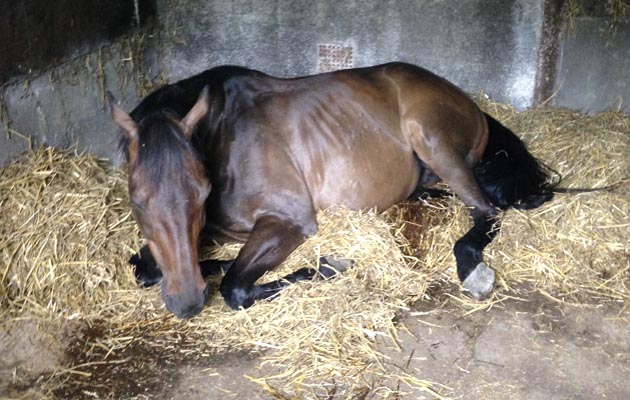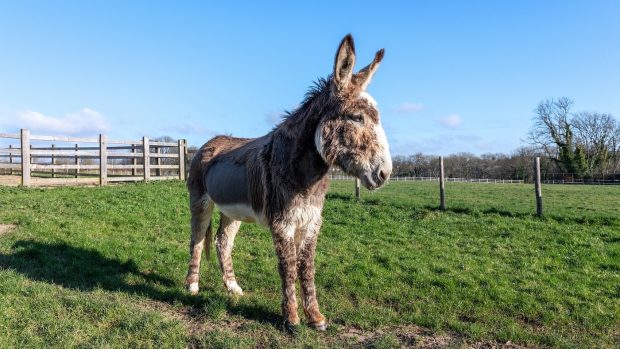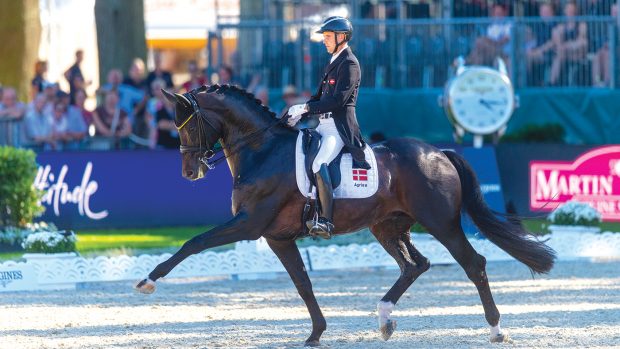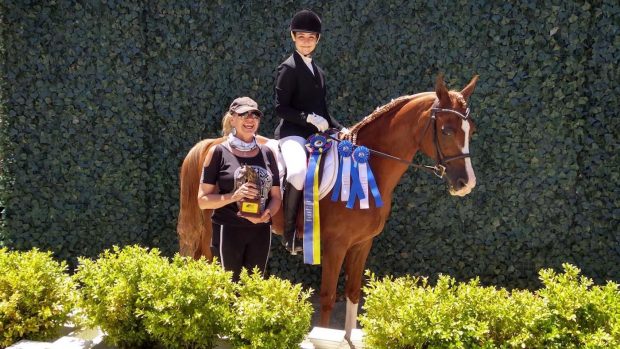With nearly 60 years experience of veterinary practice, Dr Richard Chapman has published a book entitled 'Do I call the vet?' Here he looks at what you can do to help a horse with colic while you wait for the vet
Panic! Panic! Panic! This is the general emotion encountered by horse owners. Calm down a minute.
A horse is a panic merchant as well and will tell you it thinks it’s dying. But what is colic?
It’s the same as in all species including humans — a tummy pain. Most colics are transitory and will right themselves, but don’t take this for granted. By all means call your vet, but there are things you can do while waiting.
There are four main types of colic:
1. Spasmodic colic (gaseous) — Rolling, kicking
2. Impaction — Constipation, quiet, looks to side affected
3. Twist — Volvulus, full or partial
4. Strangulation — Intussusception
Spasmodics often correct themselves. However, in these cases you usually see the horse sweating, constantly getting up and down as well as rolling. Treatment advisable.
Impactions usually need treatment. These usually show in the form of discomfort, the horse looking around to the side where the impaction is. The horse may be either standing or down when doing this. Symptoms are similar when sand is present in the large gut.
Twists mostly require surgery. Here, there is usually excessive rolling and sweating and the gums turning slowly to dark red.
Strangulation
Type 1: Intussusception is when one piece of the gut telescopes into the other. Surgery essential.
Type 2: When a loop of gut passes through a natural orifice, and the walls of the orifice prevent the blood supply reaching the gut loop which becomes gangrenous. Mostly surgical.
Things you can do:
The common misconception, in my point of view, is ‘walking the horse’.
If you have a stomach ache, do you want to walk about? No. You’d rather curl up with a hot water bottle on your stomach. So why walk the horse? To stop it rolling you say. Why stop it, I ask? In case it twists you say. Fallacy I say!
A horse will roll normally for pleasure. After exercise a horse will often roll.
Its guts do not twist. In fact, a treatment for twist can be to roll the horse, sometimes under anaesthesia, with an arm in its rectum. So, if there is a twist, the horse is possibly trying to relieve it by rolling.
My suggestion is that you keep the horse warm.
I also suggest that you give it a bottle of warm flat beer.
Does this do any good? Many of my clients swear by it. But quite possibly the horse was going to get better anyway. At least it gives you something to do and makes you feel you are helping (which is why people walk their horses). Beer in humans certainly helps in gut cases and often ‘keeps you regular’.
Massaging the (acupressure) points of the ears can also help.
Another thing you can do is have someone hold the horse’s head. Then take a towel and pass it under the horse to someone on the other side. You both take an end of the towel, and with it over the navel area, you both lift and hold for fifteen seconds.
Relax for 15 seconds and then repeat. This has the same effect as you rubbing your stomach. This I have found to be the most useful home treatment in the case of impaction or partial twist.
I have recently heard that oranges will help colic, particularly that caused during trail or endurance riding, though my personal experience of this is non-existent. This is an anecdote, and I am unsure why oranges would be helpful.
The ideas given above are not intended to replace veterinary treatment, but will give you something to do while waiting for the vet to arrive. This is helpful if your vet is many miles away or not available.
Most veterinary treatments are pain killers and antispasmodics, to alleviate symptoms while the horse improves on its own. Oils are given by your vet for impaction-type colic, and where dehydration from prolonged colic occurs, fluids are essential. But I must stress that this is a veterinary treatment.
Recurrent colics
These usually require veterinary advice. They can be caused as a result of worms (even after their elimination) or as a result of many other things including trauma and sand.
A case history in point — some years ago a horse called Imgrime went to Randwick from Canberra to race. It escaped the strapper and hit a four wheel drive in the car park. No apparent problem occurred and the horse was passed fit to race and raced okay.
About a week later it had what looked like a strangulated colic, but responded to an antispasmodic medication.
This colic occurred regularly over periods of five to 27 days. It responded to treatment each time until the eighth event, when it got progressively worse. Surgery was declined, so the horse was euthanaised and an autopsy carried out.
Apparently, the accident had caused a tear in the omentum (the curtain from which the intestines hang) through which a loop of gut had passed and become strangulated, causing peritonitis.
One has to assume that the loop of gut had been going through this aperture each time. The antispasmodics relaxed the gut, so the loop fell out again. In the end, the loop must have travelled in too far and stayed there.
The hole acted as a noose, stopping the blood supply to the strangulated loop of gut, which then became gangrenous, leading in turn to peritonitis.
Like this? You might also enjoy reading these:
Colic in horses: how to reduce the risks
Filled legs in a horse on box rest: what you need to consider
Do I call the vet? And what to do in the meantime, by Dr Richard H Chapman BVSc
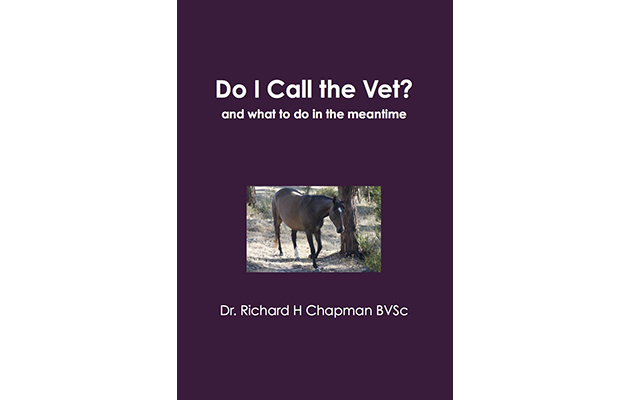
The author: Dr Richard Chapman is now 80-years-old, having been in mainly equine and large animal veterinary practice since he qualified at Bristol University in 1958. Most of his professional life has been based in Australia.
Price: £12.68
Visit: www.amazon.co.uk
